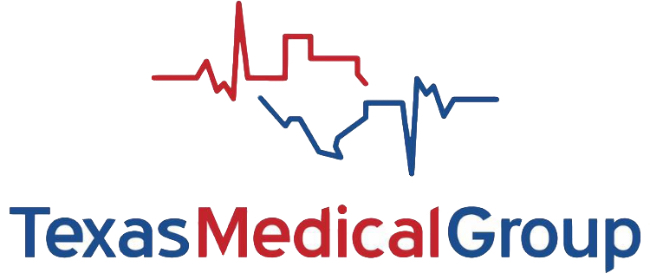
Many Americans Remain Unfamiliar With 988
The 988 Suicide and Crisis Lifeline (988 Lifeline) was launched nationwide in July 2022. The three-digit dialing code replaced the original 1-800 number to make it easier to remember and access. Like dialing 911 for medical emergencies, people in emotional distress or suicidal crisis can call or text 988 to connect with counselors who will listen, provide support and connect them to resources.
Since 988 Lifeline’s launch two years ago, counselors have answered over 10 million calls, texts and chats. Despite the volume, a new poll by the National Alliance on Mental Illness revealed that most Americans remain unfamiliar with 988. Two-thirds (67%) of Americans said they are aware of 988, meaning they’ve at least heard of it, but only one-quarter (23%) are at least somewhat familiar with 988. Additionally, nearly half of Americans (45%) say they wouldn’t feel safe calling 911 for help if their loved one was having a mental health crisis, emphasizing the importance of having a separate dialing code specific for mental health concerns.
Spread the Word About 988
Now in its second year, the 988 Lifeline continues to help millions of Americans. According to the poll, people who are familiar show stronger trust in and the likelihood of using the 988 Lifeline. This highlights the need for increased public awareness and education.
The easy-to-remember dialing code provides immediate and accessible care to anyone experiencing mental health-related distress, including thoughts of suicide, mental health and substance use crises, and other emotional struggles. An online chat is also available. 988 Lifeline voice, text and chat options are offered in English and Spanish. It’s vital to continue spreading the word about 988. Keep in mind that people can also call, text or chat if they are worried about a loved one who may need immediate support.
A High-fat Diet May Increase Anxiety
When feeling stressed, you may instinctively reach for junk food, which is often high in fat. However, a new study at the University of Colorado Boulder revealed that consuming high-fat foods might actually worsen anxiety symptoms. Researchers believe this is happening due to the connection between gut bacteria and brain chemicals that regulate anxiety levels.
Experts recommend supporting the gut microbiome and signaling pathways through healthy eating and reducing high-fat and overly processed food intake. Consider incorporating the following foods into your daily diet:
Foods with omega-3 fatty acids: Fatty fish, flaxseeds, chia seeds, walnuts and avocado
• Foods rich in fiber: Beans, lentils, sweet potato and whole grains
• Fermented foods: Kimchi, miso, tempeh, kombucha, kefir and yogurt
• Prebiotic foods: Garlic, onions, asparagus, bananas and oats
• Dark leafy greens: Spinach, kale, arugula, Swiss chard and collard greens
• Berries: Raspberries, strawberries and blueberries
Not all fats are bad; they can actually be good for your brain, so try to prioritize the consumption of healthy fats. Consider these food swaps:
• Replace full-fat dairy products with low-fat or nondairy alternatives.
• Choose whole grains instead of refined grains.
• Swap high-sugar desserts for a small piece of dark chocolate with at least 70% cocoa content.
• Substitute butter with olive or avocado oil.
These findings about the mind-body connection emphasize the need to consider dietary choices beyond weight management. For guidance on nutrition and mental health, contact a qualified medical provider.
© 2024 Zywave, Inc. All rights reserved.

Discussion
There are no comments yet.